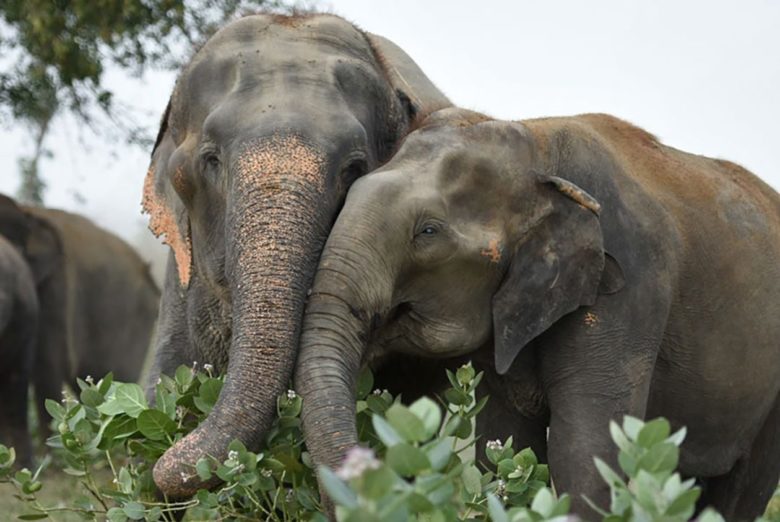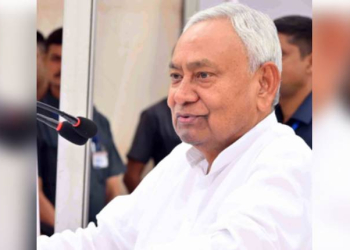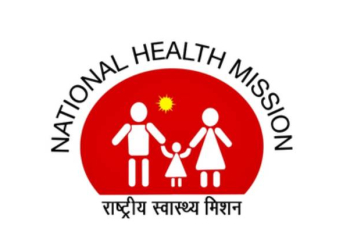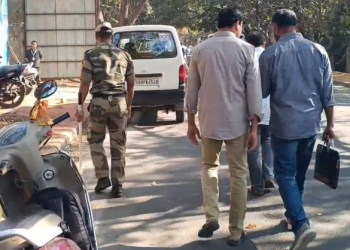New Delhi: A Parliamentary Committee has flagged concerns about infrastructure projects in protected areas and recommended important steps for transfer or transport of live elephants that are put in use by religious institutions for traditional purposes.
As reported by IANS on Thursday, the department-related Parliamentary Standing Committee on Science and Technology, Environment, Forests and Climate Change, in its report on ‘The Wildlife (Protection) Amendment Bill, 2021’ had given the main recommendation in connection with the proposed amendments to the Wildlife (Protection) Act, 1972, vis-a-vis Convention on International Trade in Endangered Species of Wild Fauna and Flora (CITES) and suggested critical changes in the manner it ought to be done.
The 256-page report volume-I had multiple other suggestions while volume-II has pulled together all the recommendations that the Parliamentary panel had received from experts, states, NGOs, think-tanks and scientific institutions apart from concerned citizens.
“While reiterating the imperative to keep protected areas truly protected, the Committee is broadly in agreement with the amendments proposed for improved management of protected areas, especially the provision for fulfilling the bonafide use of drinking and household water by local communities,” the report said, adding, “However, the Committee believes that clarifications will be needed in the rules on what constitutes ‘drinking and household water by local communities’.”
The reason why the Committee said so is that since any activity “can get justified” for ‘drinking water’ type of use if no details are stipulated.
“The rules should clarify which water-related activities are allowed on government land and private land in protected areas,” the Committee recommended.
The Committee also said that it is in broad agreement with the amendments being proposed for improved care for seized and surrendered wild animals.
However, one specific amendment in this regard that provides for transfer or transport of live elephants, although with conditions prescribed by the Central government, was flagged.
“The Committee is deeply conscious of the fact that a number of religious and cultural institutions in some states own elephants which play a crucial role in daily worship and rituals. That is why it has attempted to strike a careful balance to ensure that age-old traditions are not interfered with while at the same time addressing widespread concerns that nothing should be done to even give an impression that private ownership of elephants and trade in them is going to be encouraged,” the report said and recommended, “the Central government, may, if it considers appropriate, prescribe such additional terms and conditions as may be necessary, subject to which any transfer or transport of an existing captive elephant for a religious institution may be conducted by a person having a valid certificate of ownership.”
The Committee also hoped that such additional terms and conditions would be finalised after consultations with individuals and institutions that are active in the field of elephant conservation, protection and welfare.
“These rules should also have clear provisions for remedial action if the additional terms and conditions are not fulfilled.”
(IANS)




















